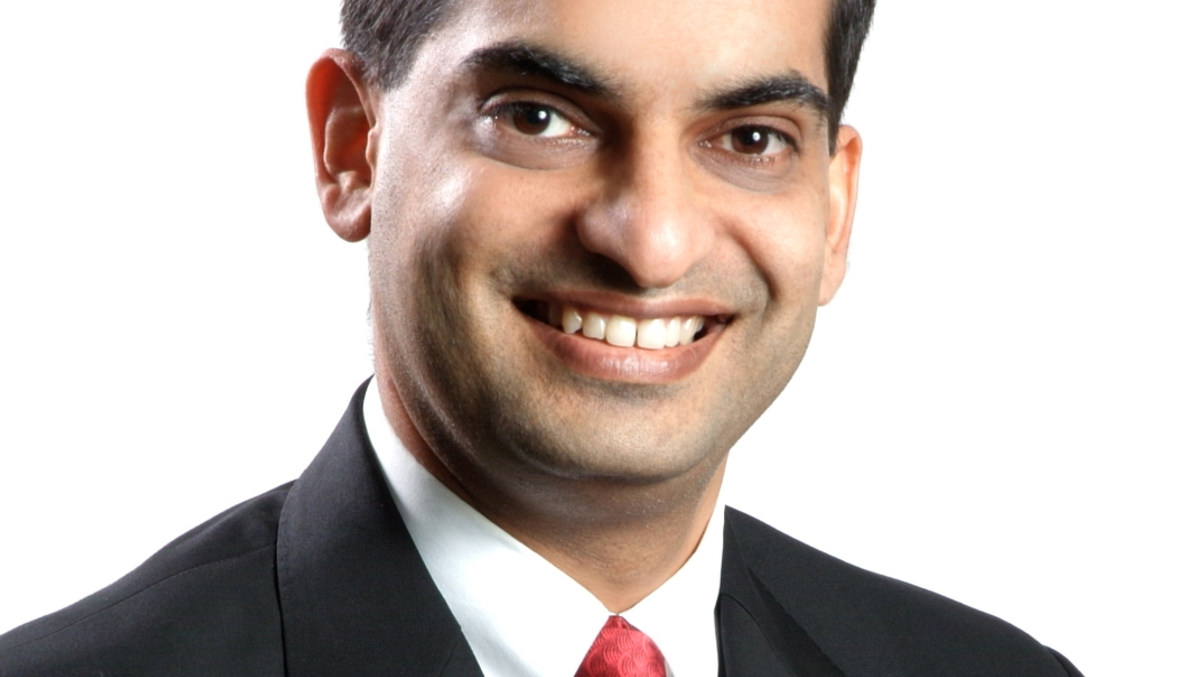Aviva Investors builds Asia equities, fixed-income teams
The asset manager has hired Manish Singhai and Kevin Talbot as inaugural CIOs for Asia equities and fixed income, respectively. They are keen to differentiate their product offering.

Aviva Investors is busy building its Asia equities and fixed-income capabilities, having last week unveiled twin CIO appointments out of its regional headquarters in Singapore.
Sign in to read on!
Registered users get 2 free articles in 30 days.
Subscribers have full unlimited access to AsianInvestor
Not signed up? New users get 2 free articles per month, plus a 7-day unlimited free trial.
¬ Haymarket Media Limited. All rights reserved.


